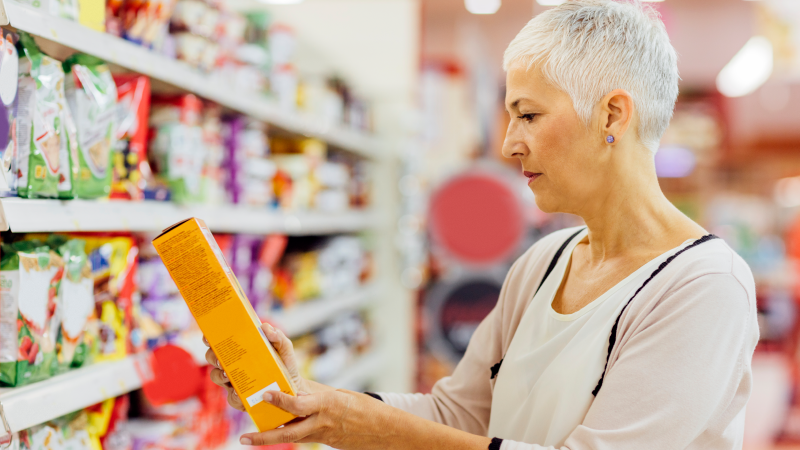
Tell Congress: Pass this bill to combat the worst kind of food waste
We throw away roughly 35% of our total food supply each year -- and confusion around date labels on our food is a significant contributor to food waste.
Governor Jared Polis signs two CoPIRG-backed bills into law today protecting bees from dangerous neonic pesticides and requiring truth in labeling around compostable products.
Governor Jared Polis signed two CoPIRG-backed bills into law.
SB23-266 will limit the sale of dangerous bee-killing insecticides called neonicotinoids or neonics. The new law comes at a critical moment for pollinators’ health in Colorado, home to 946 native bee species. One recent study found the western bumble bee has declined 72% in parts of Colorado and attributes the decline, in part, to neonics.
Colorado will become the ninth U.S. state, and the first outside the Northeast and mid-Atlantic regions, to limit the sale of neonics.
SB23-253 will ensure that products sold in Colorado that are marketed as compostable are actually compostable. Due to the rise in contamination, partly from look-a-like products that are not compostable, local composting facilities have scaled back what they are willing to accept, leaving many Front Range residents stuck throwing away compostable cups, napkins, and containers.
These are big wins for Colorado.
I applaud the Governor for signing these two important bills to protect bees and ensure compostable-labeled products are truly compostable.
We need to protect bees. From Palisade peaches to Rocky Ford melons, apples to alfalfa, our state depends on pollinators for a healthy food supply and healthy gardens. Pesticides such as neonics, which are so deadly for bees and other key pollinators, should not be sold on store shelves. The risk to the health of our state is too high and not worth it.
Too many products on store shelves confuse consumers into thinking they are compostable when they are not. This truth-in-labeling bill will help consumers know what’s compostable and help compost facilities have more confidence that what winds up in a compost bin can actually become the valuable compost that we depend on for healthy gardens, parks and farms.
We throw away roughly 35% of our total food supply each year -- and confusion around date labels on our food is a significant contributor to food waste.
SEND A MESSAGE